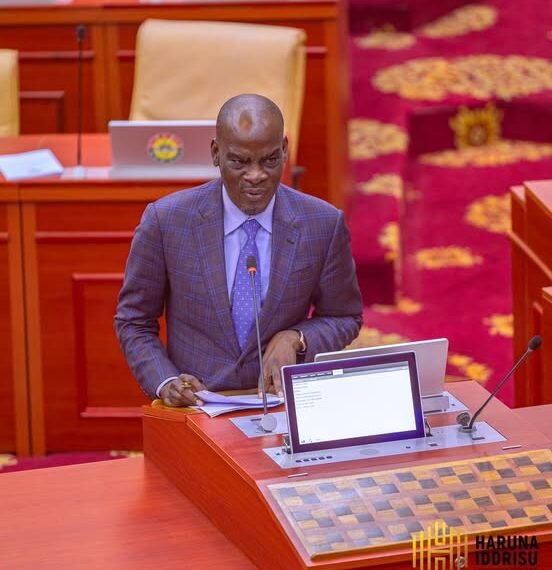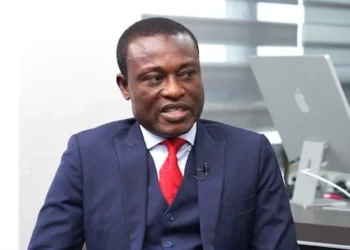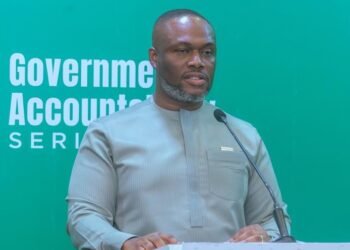The Minister for Education, Hon. Haruna Iddrisu, has agreed to engage civil society organisations (CSOs) in consultations to enrich the Ghana Scholarship Authority Bill, 2025, following mounting pressure and public criticism over Parliament’s attempt to fast-track its passage under a certificate of urgency.
This development was disclosed by Kofi Asare, Executive Director of Africa Education Watch (Eduwatch), a key member of the Citizens’ Coalition—a consortium of public interest civil society organisations and eminent citizens advocating for democratic accountability and inclusive governance.
“The Minister for Education just engaged the Citizens’ Coalition. He is happy to lead consultations with CSOs on Tuesday to enrich the Scholarship Bill before the Bill is finally considered and passed.”
Kofi Asare, Executive Director of Africa Education Watch
The decision by the Education Minister to open the door to stakeholder dialogue follows sustained calls from multiple civic and student bodies, who criticised the government and Parliament for sidelining key stakeholders in the legislative process of the proposed scholarship reforms.

At the centre of the debate is the Ghana Scholarship Authority Bill, currently before Parliament, which aims to restructure the management of scholarships in Ghana under a new legal regime.
While the initiative has been lauded in principle, the manner in which it has been pursued has drawn sharp criticism. The Citizens’ Coalition issued a strong statement urging Parliament to suspend the legislative process.
“While we commend the government for this laudable effort to strengthen the legal and institutional framework for scholarships management in Ghana, there is no known emergency in the management of scholarships that justifies the speedy consideration of this all-important Bill without public consultation”.
Citizen Coalition
According to the coalition, the draft legislation falls short of the standards expected for establishing a transparent, accountable, and merit-based public scholarship system.
Consequently, the coalition insisted that genuine reform must begin with broad stakeholder engagement, including students and youth groups, tertiary institutions, civil society organisations and development partners. They also expressed concern that the Bill’s passage without adequate consultation could undermine public trust in its implementation.
NUGS’ Support
The call for suspension was supported by the National Union of Ghana Students (NUGS), which issued its own statement raising significant concerns about the lack of student involvement.
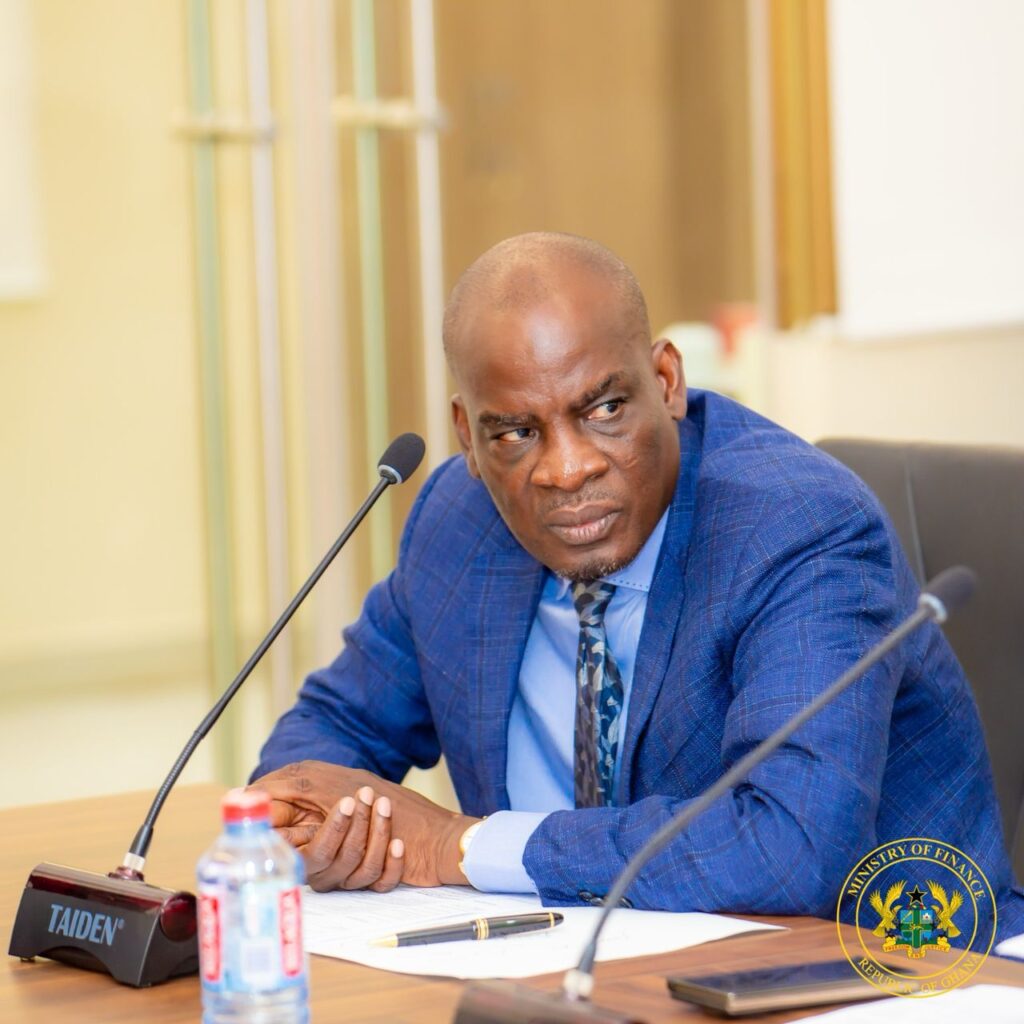
As the official representative body for over 12.5 million Ghanaian students, both at home and abroad, NUGS decried their exclusion from the drafting process. “Students through NUGS have not been consulted in the formulation of this crucial legislation,” the statement read.
In their preliminary review of the Bill, NUGS also flagged a major omission—the absence of student representation on the proposed Governing Board of the new Ghana Scholarship Authority.
“This omission fails to reflect the principle of participatory governance and disregards the legitimate role of students in decision-making processes that directly affect their educational and professional futures.”
Daniel Korley Botchway, President of NUGS.
Moreover, NUGS challenged the justification for the use of a certificate of urgency to fast-track the legislation. “There is no demonstrable national emergency that warrants bypassing the normal legislative procedure,” the Union noted, arguing that any attempt to restructure Ghana’s scholarship regime should be subjected to rigorous scrutiny and national consensus.
Both NUGS and the Citizens’ Coalition agreed that the current challenges in scholarship administration—including the crisis facing nearly 200 Ghanaian students abroad who risk deportation due to non-payment of tuition—should not be used as grounds to bypass stakeholder engagement.
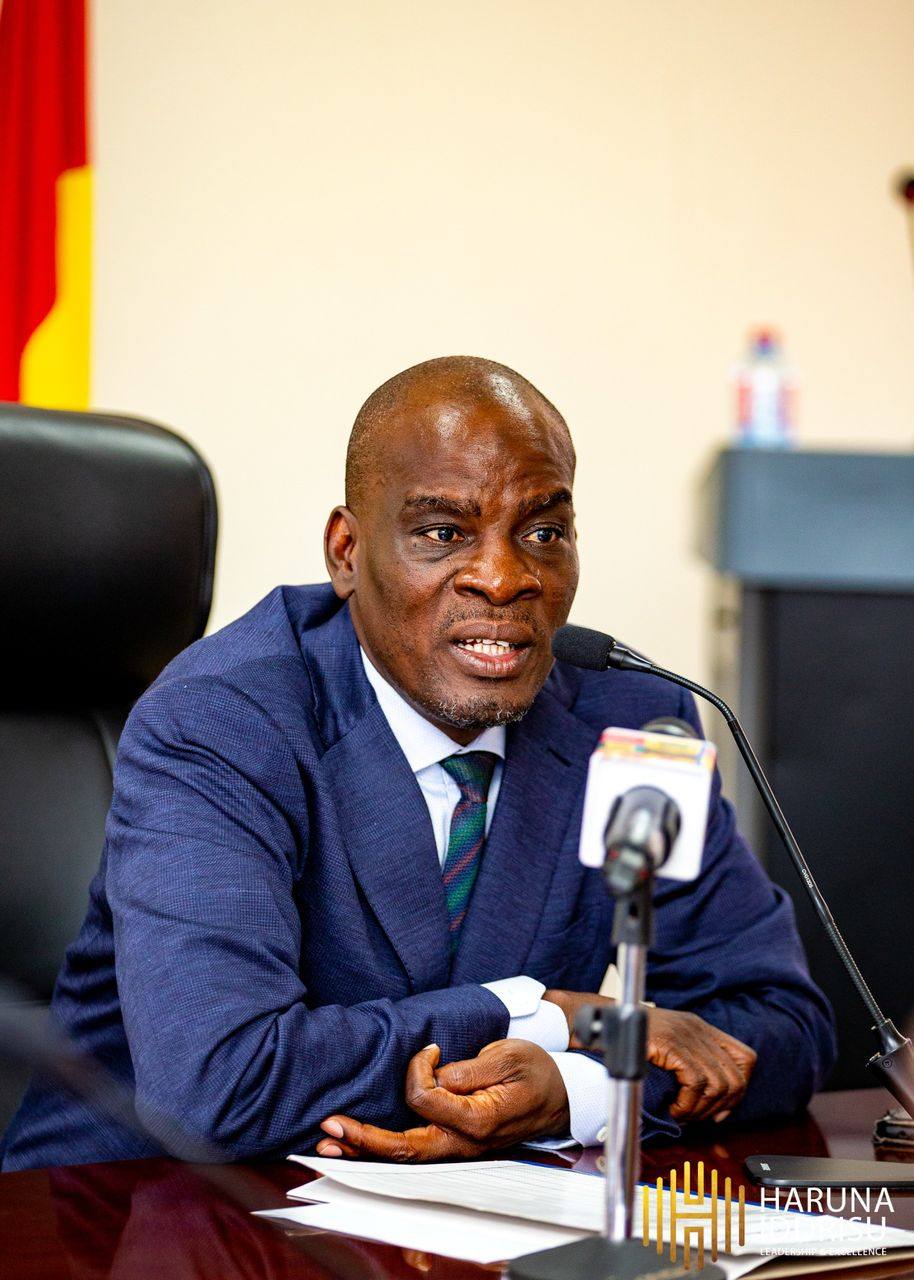
The Coalition acknowledged that the Ministry of Education is working to resolve that issue but insisted that “this should not, under any circumstances, dispense with the thorough stakeholder engagement needed for this Bill.”
The outcome of Tuesday’s scheduled engagement with civil society is expected to significantly shape the future of the Bill. For many, it represents a critical chance to ensure that Ghana’s scholarship system is not only reformed but done so in a way that is inclusive, equitable, and transparent.

